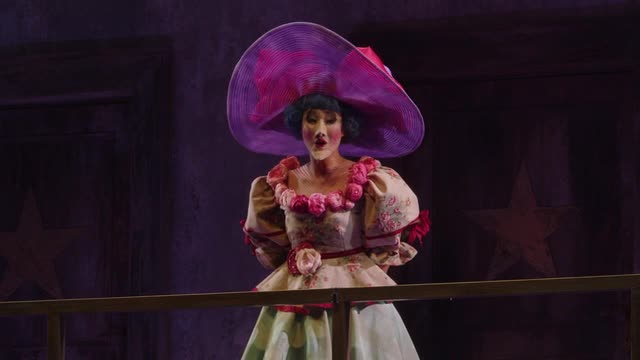0 item found
1 item found
| Title | |
| DONIZETTI, G.: Chiara e Serafina, o Il pirata [Opera] (Fondazione Teatro Donizetti, 2022) | |

|
DONIZETTI, G.: Chiara e Serafina, o Il pirata [Opera] (Fondazione Teatro Donizetti, 2022)
Composer:
Donizetti, Gaetano
Artists:
Coro dell'Accademia Teatro alla Scala -- De Luca, Giuseppe -- Doveri, Greta -- Gaudenzi, Mara -- Moncada, Matias -- Orchestra Gli Originali -- Park, Hyun-Seo Davide -- Park, Sung-Hwan Damien -- Pluzhnikova, Valentina -- Quatrini, Sesto -- Spagnoli, Pietro -- Tanzillo, Andrea -- Zhou, Fan
Label/Producer: Dynamic |
